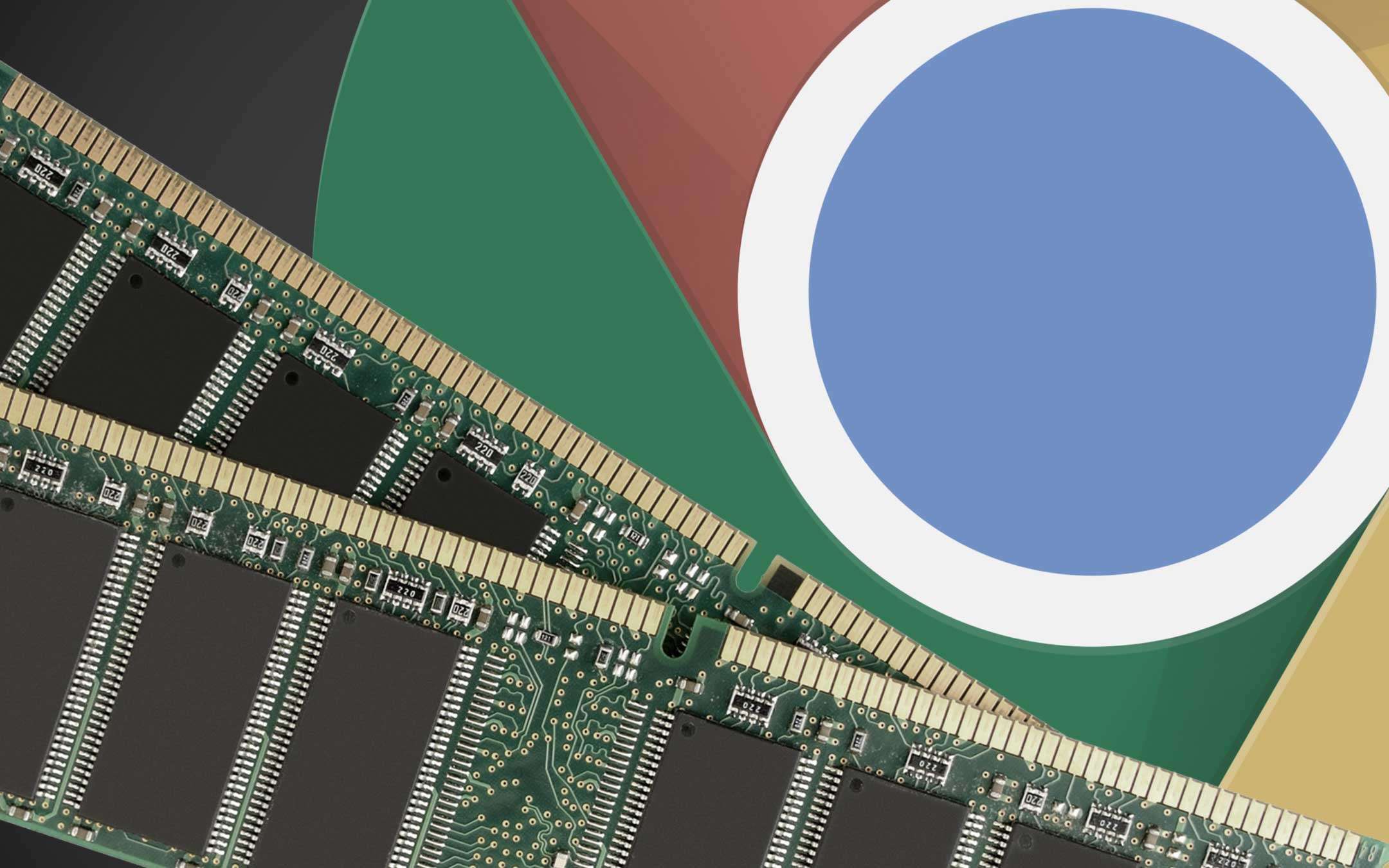
Chrome will consume less RAM on W10
A promise made several times by Google and almost always regularly disregarded: to make Chrome consume less RAM. What is perhaps the browser's main Achilles heel may soon be solved by supporting a function called PartitionAlloc-everywhere.Chrome: PartitionAlloc-everywhere to consume less RAM
Not it is the first time that we talk about it, but now the times seem to be finally ripe as reported by the editors of the WindowsLatest site which has identified several references among the documents compiled by the experts. The improvement should concern different versions of the browser: those intended for computers with Windows 10 or Linux operating systems and the mobile incarnation for Android smartphones and tablets.Thanks to PartitionAlloc-everywhere, the software should be able to start faster, load pages quickly and, above all, offer more prudent resource management. A dream for those who rely on Chrome on a daily basis for their browsing or work sessions.
The good news is that the rollout has already started in the browser's Beta channel. If the feedback collected by Google during the testing phase is positive, it is reasonable to expect an integration in the final one (Stable) in the not too distant future.
Just like Google, Microsoft is also working to improve this aspect in Edge: in this regard, we recall the introduction of Sleeping Tabs which took place last September in an experimental form: in fact a function to suspend open tabs, but kept in the background.
Source: Windows Latest
Google Chrome update may finally stop it hogging all your RAM
As more and more of our work is increasingly done in a web browser, limiting the amount of RAM Chrome uses has been a top priority for Google.
According to a new report from Windows Latest, the search giant has been busy working on 'PartitionAlloc-everywhere' support for its browser to improve the way in which it performs on Windows 10, Android, Linux and possibly other platforms as well.
Once PartitionAlloc-everywhere has been merged into Chrome's source code, it will allow the browser to start more quickly, load internal pages faster and offer improved resource management which means it will use less RAM.
Google first started working on adding PartitionAlloc support to Chrome last year and it is now rolling out to users in the browser's beta channel for Android and Windows. However, the company is also bringing the feature to Linux but implementing it has proven much more difficult.
In a Chromium bug post, a Google engineer provided further details on the company's progress with PartitionAlloc on Windows, Android and Linux, saying:
“Switch to PartitionAlloc on Linux. This is already the default on Windows and Android, and has been shipping to beta on both platforms. Nevertheless, issues may remain on Linux.”
Google also conducted another experiment with the aim of reducing memory usage in Chrome in which it merged the browser's regular and aligned partitions to see if this could lead to improved performance.
In addition to the desktop versions of its browser, the company is also currently testing PartitionAlloc-everywhere for Android. So far these tests have resulted in improved memory, performance and stability when using Chrome on mobile though the median GPU process footprint did see a small dip.
Beta channel Android and Windows Chrome users can test out PartitionAlloc now to see for themselves whether the feature helps reduce how much RAM the browser uses.
Via Windows Latest